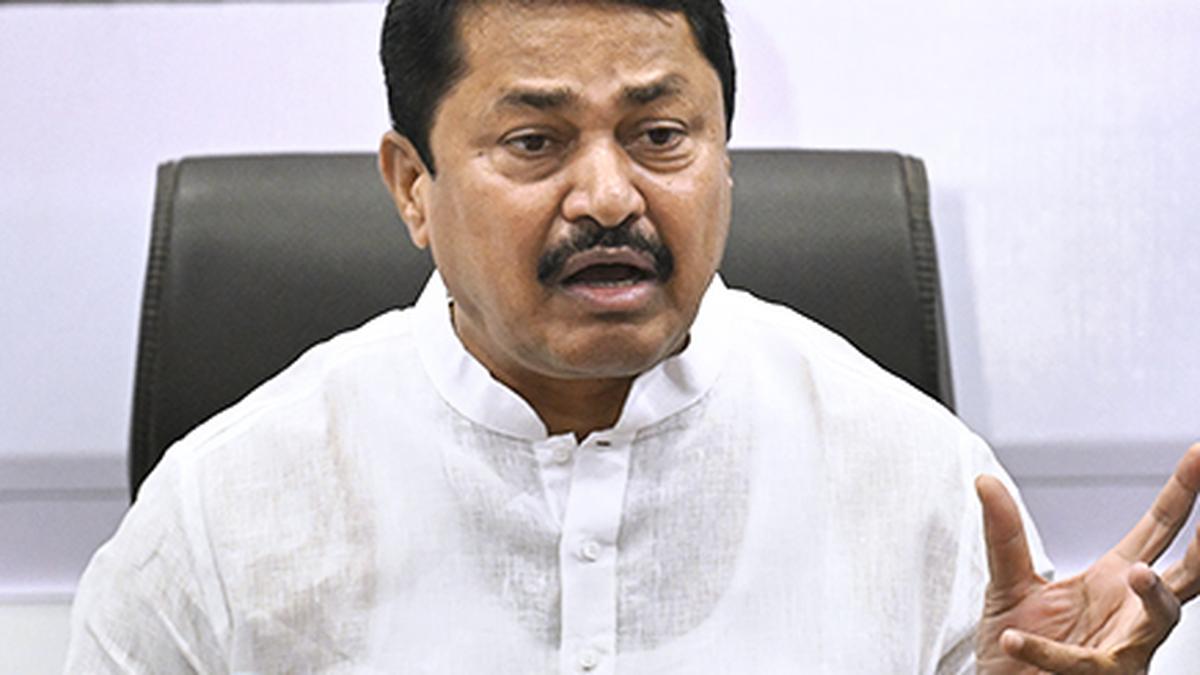Here are the key points and main highlights of the leadership lecture given by Field Marshal Sam Manekshaw at St. Xavier’s College in Bombay. Though delivered in 1998, Manekshaw touched on several themes that hold relevance even today:
Here’s the link to the full video
Shortage of Leadership
Here’s the link to the full video
Shortage of Leadership
- For a long time, Manekshaw has been watching the India story carefully. He has observed that there are shortages everywhere – shortage of fuel, shortage of food, foreign exchange, schools, colleges, houses. People talk about these shortages all the time. But the one shortage that leads to all these shortages is shortage of leadership.
- Shortage of leadership does not merely imply political inadequacy – it is an acute shortage everywhere – political, administrative, in edu institutes, organizations, labour, law and order, industry.
- Some people say “Leaders are born”. Even then, India has ~800Mn people and procreates at the
- rate of one Australia every year. Yet, there’s a shortage of leadership.
- Manekshaw’s view is that leaders are made. “Give me a man with common sense and a fair sense of decency, and we can make a leader out of him”.
Leadership Lecture Sam Manekshaw
Attributes of leadership
1. Professional knowledge and competence
- One cannot be born with professional knowledge. It has to be acquired the hard way. It is a constant and continuous study.
- In India, once we reach positions of power, we think we are the repository of all knowledge, just because “we have arrived”. Without professional knowledge, one can’t have professional competence, and without professional competence, one cannot lead.
- Professional knowledge is a sine qua non of leadership. One has to have professional competence if one is expected to lead.
Leadership Lecture Sam Manekshaw
2. Decision making and accountability
- A true leader has the ability to make up their mind and take a decision, and having taken that decision, accept full responsibility.
- An act of omission is much worse than an act of commission. An act of commission can be put right, but act of omission cannot.
- Why is a leader not able to make a decision? Because he lacks confidence. And he lacks confidence usually because of lack of professional knowledge and competence.
- When leaders don’t take decisions, cost escalate, and by the time a decision is finally made, costs are tenfold, and only the people suffer. “If you must be a bloody fool, be one quickly.”
Leadership Lecture Sam Manekshaw
3.Absolute justice and impartiality
- No man likes being punished, and yet men will accept punishment if they know that everyone who commits the same crime gets the same punishment, because that’s fair.
- No man likes being superseded, and yet people will accept being superseded if they know it’s being done fairly and on merit. But they wouldn’t accept this if other factors like favouritism are at play.
Leadership Lecture Sam Manekshaw
4. Moral and physical courage
- In India, we have tremendous pressures from our large families, members of parliament and more. And we lack courage to withstand that pressure. Courage comes in two kinds – moral, and physical.
- Moral courage
It is the ability to distinguish right from wrong, and having the courage to stand up and say your piece.
A yes man is a horrible man, a disgrace. He must be shunned. He will be used by his superiors, disliked by his colleagues, and disrespected by subordinates. He may rise, but will never be a leader.
- Physical courage
Fear is a natural phenomenon, like hunger and sex. Anyone who says they do not feel fear, is a liar.
It is one thing to be frightened, and yet another to show fear. If you show fear in front of your subordinates, you should quit.
It is when your knees are knocking, and your teeth are chattering, and you are about to make your own geography, is when the real leader comes out.
Leadership Lecture Sam Manekshaw
5. Loyalty
- Loyalty is a two way street. We all expect loyalty from our subordinates, but we also have to give it to them. We have to give it to colleagues too.
- A leader expects loyalty, but also gives loyalty.
Leadership Lecture Sam Manekshaw
6. Management of men and resources
- Leadership is nothing but management of men and resources.
- Men in numbers can be nasty, and a leader must be able to deal with them very firmly.
- Men have problems of debt, family problems, and many more problems. Leaders should have a human touch, to pull people out of their despondency.
Leadership Lecture Sam Manekshaw
7. Discipline
- Discipline is a code of conduct for decent living in society.
- Especially in India, we are terribly ill-disciplined. We think that because we’ve gotten freedom, we can do whatever we want to.
- Why do we have to spit paan all over? Why do we have to keep staircases dirty? Why do we have to throw garbage on the road? These are all acts of ill-discipline. It is because of such acts of ill-discipline that we have smuggling, corruption and large-scale acts of ill-discipline.
- Non-punctuality is an act of ill-discipline, which is injurious to the state and its people.
Leadership Lecture Sam Manekshaw
Leadership Lecture Sam Manekshaw
8. Character
- Of course one must be honest, truthful, and have other normal traits of a ‘good character’. But when Manekshaw says a leader has ‘character’, it’s something bigger than that, which is knowing oneself, knowing who one really is, and then being genuine in one’s actions and decisions.
Leadership Lecture Sam Manekshaw






